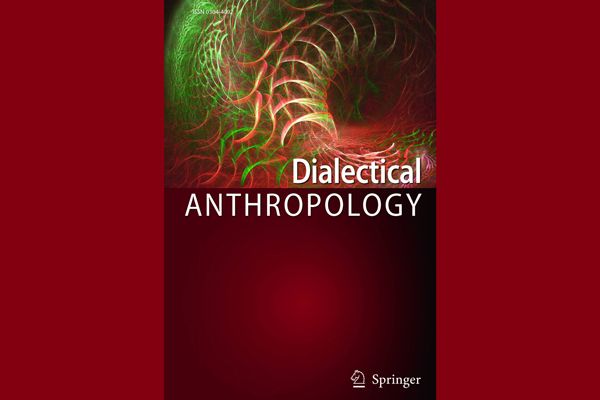Notifications list
The “pervasive” state: entrepreneurial identities, frustration, and gratitude
Published: 02.02.2023.

Lana Peternel, PhD and Karin Doolan, PhD are the authors of the scientific paper 'The “pervasive” state: entrepreneurial identities, frustration, and gratitude', published in the journal 'Dialectical Anthropology' indexed in Q1 in the Scopus data base for Anthropology (2021).
From the abstract: The state has taken center stage during the COVID-19 pandemic in unanticipated ways. Rescuing private companies with public money exemplifies this, highlighting substantial state interventionism amidst a fairly dominant discourse of our times: that of the “neoliberal state.” In this article, we focus on how owners of micro-businesses in Croatia constructed state practices during the COVID-19 pandemic and how interactions with the state prior to the pandemic contributed to these constructions. We reflect on the state as a historically embedded social relation that is understood, experienced, and felt. Drawing on interviews, we develop three themes that illustrate the layered and wrought relationship between business owners and the state, as they understand it to “exist”—state-mediated constructions of business owners: tycoons and heroes; frustrating state practices; contradictory images—the benevolent state. The pervasiveness of the state is reflected in how the post-socialist state has shaped professional identities in the business sector, in the overwhelmingly negative emotional landscape state practices seem to propel, but also in hints of state benevolence during the COVID-19 pandemic. The identified nexus of emotions in relation to state practices—exasperation, disappointment, indignation, gratitude—and their historical embeddedness are a strong indication of how present-day constructions of the state are an expression of “accumulated history.” Based on their experiences with state practices, our interlocutors construct the state as corrupt, incompetent, inefficient, uncaring, coercive, only on occasion benevolent, and in a highly affective register as “unnecessary,” while also expressing a desire for a state that “cares,” particularly in disaster settings.
The paper was written as part of the CSF project 'The social resilience of Croatian society in the midst and aftermath of the COVID-19 pandemic (SOCRES)', whose principal investigator is Branko Ančić, PhD.
The article is available at the link.
